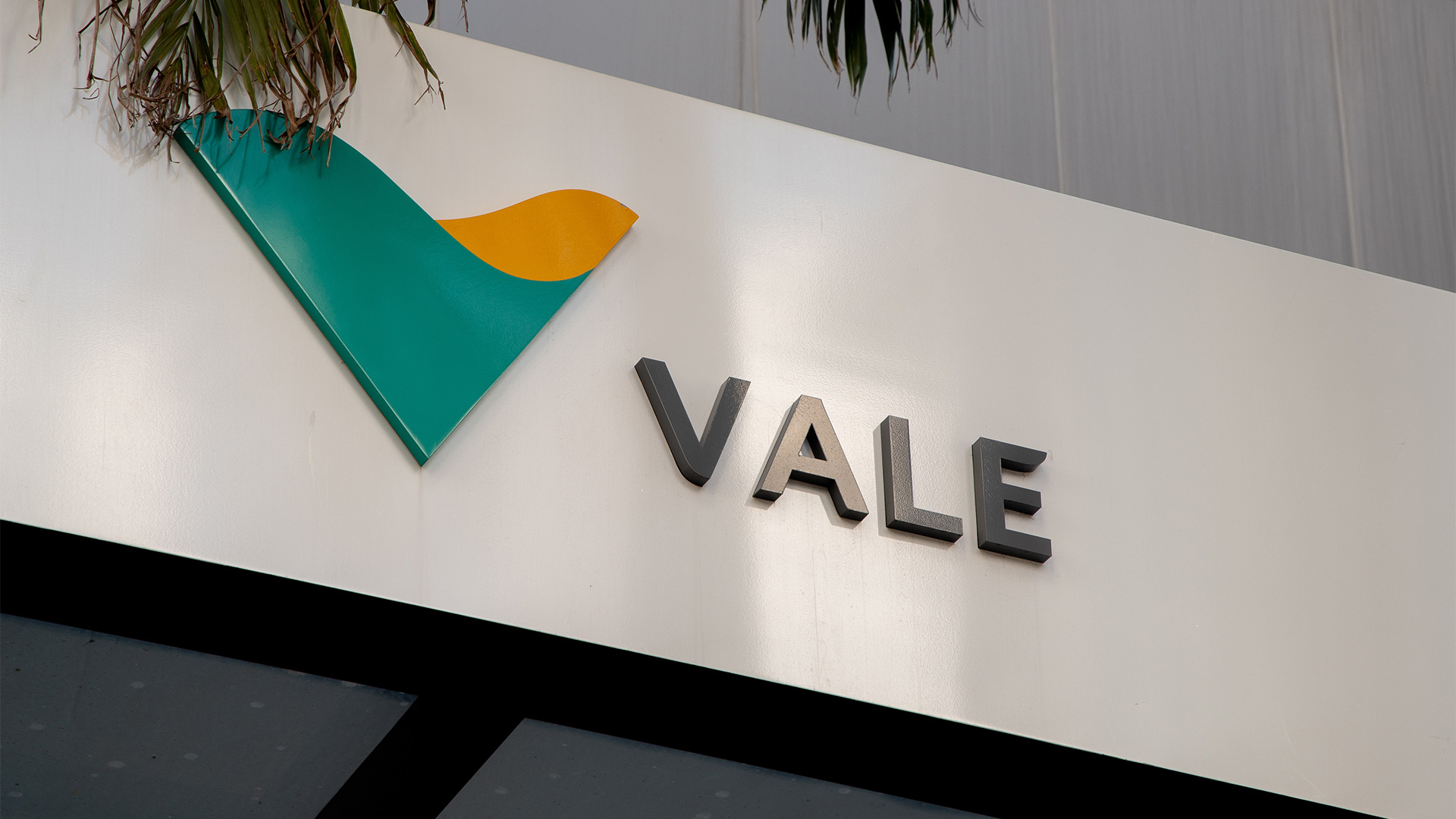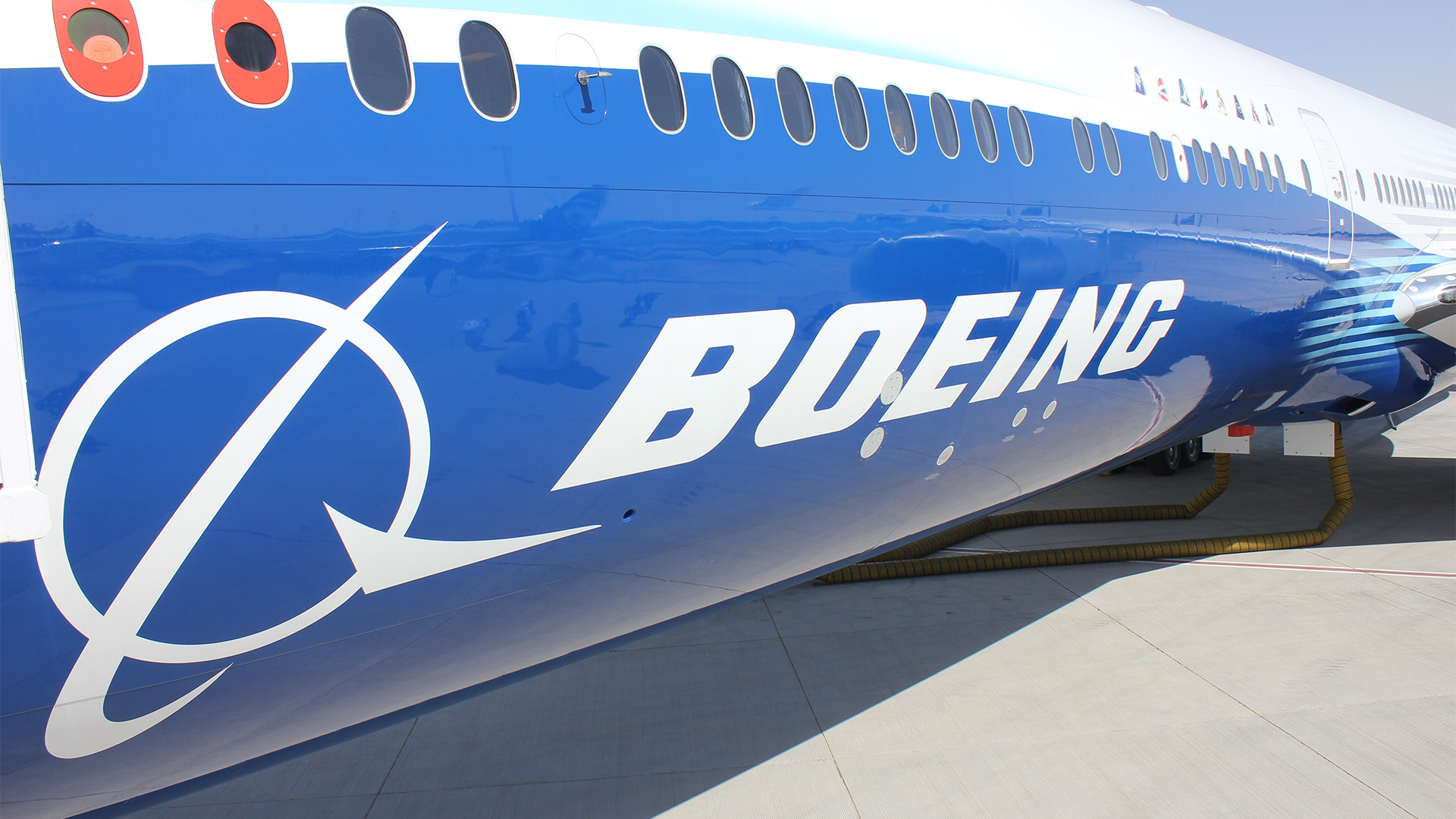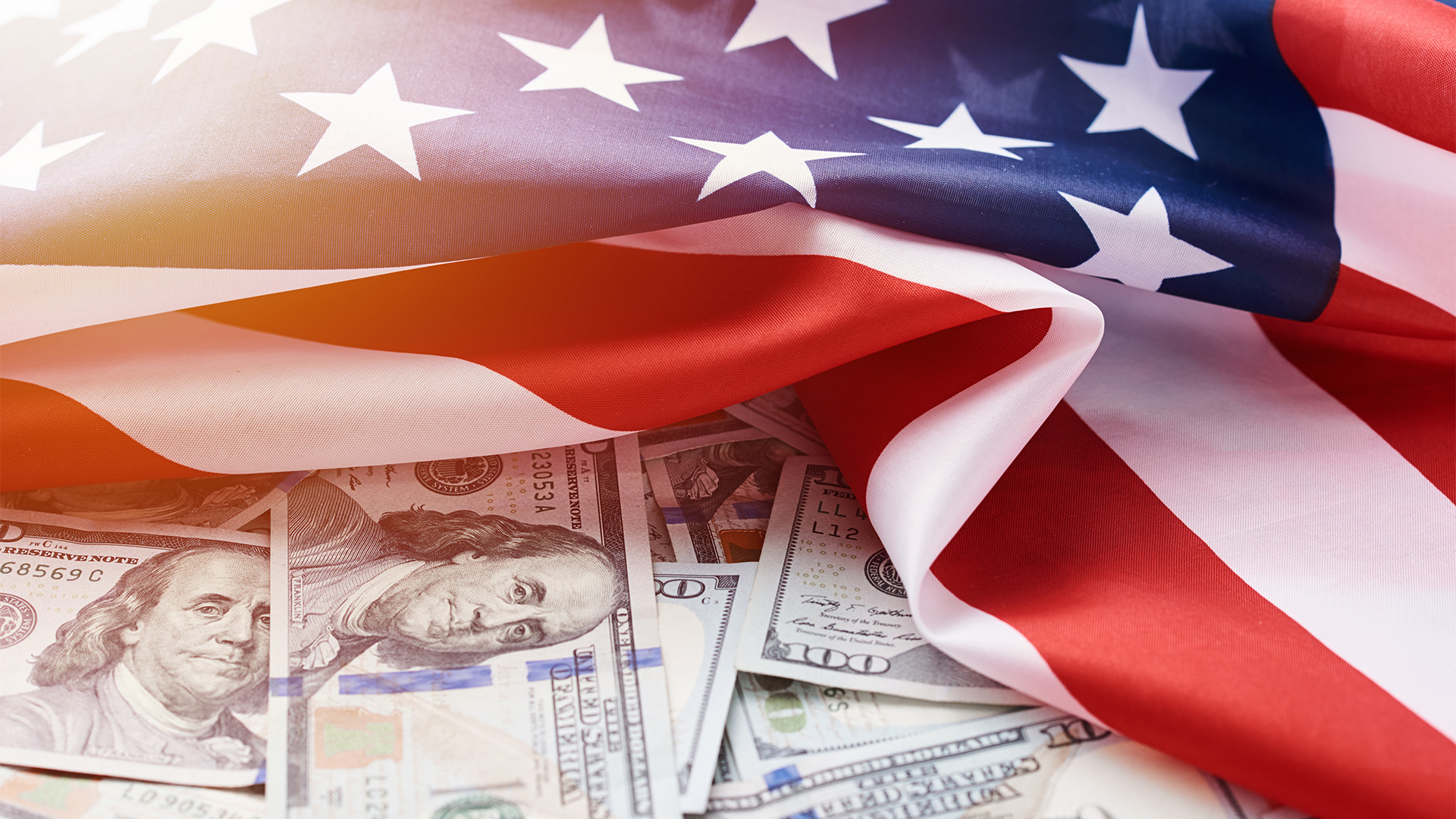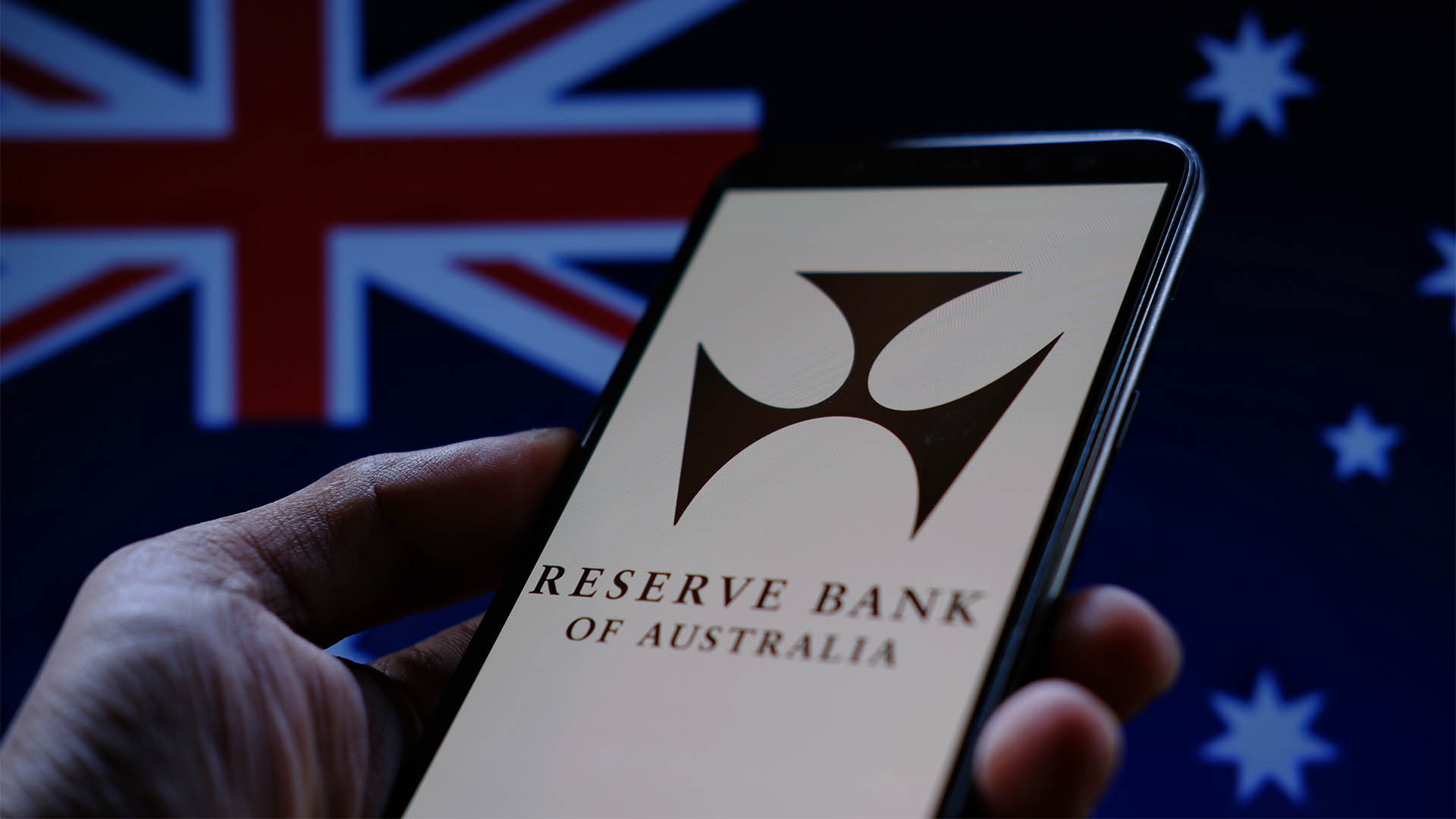Not so confident now in Hong Kong. After resisting the negative impact of Monday's news that China Evergrande had been put into liquidation with a rise of 0.8%, reality slammed into the market on Tuesday with a sharp fall in the Hang Seng index. It lost more than 2% and extended the fall to 2.4% by the close as investors realized foreign creditors will be stiffed by the Chinese authorities.
With a day left to trade in January, the Hang Seng is down 7.8% so far in the month, the worst start to a year for 8 years.
The CSI 300 index fell nearly 1.8% on Tuesday and is down more than 4% so far this month. More than half that monthly fall has come on Monday and Tuesday of this week.
Hong Kong investors and those on the mainland now realize that China's government led by President Xi Jinping is confronted with perhaps his biggest test – how to handle the $US300 billion plus collapse of the country's second biggest property company, China Evergrande.
Monday's shock news that a Hong Kong court (in compliant Hong Kong of all places!) had ordered Evergrande's liquidation after two years of fruitless talks effectively puts the Chinese government in the spotlight.
As well as property development and construction, Evergrande has non-property businesses including electric vehicles and property services, with about 90% of its $US240 billion assets on the Chinese mainland.
The $US240 billion value for assets is a work of fiction because in company collapses, especially property, assets are worth what the market will pay and that is always a less than the company and its administrators think.
There's an old business adage that in a corporate collapse, the first value is always the highest figure and as the liquidation gets underway, the estimated amount recovered always falls and the loss grows.
Foreign creditors of the company – it is unclear how much money is owed offshore – will struggle to get any money back because most of the developer's assets are in mainland China, where liquidators appointed by Hong Kong courts haven't historically been allowed to take control of assets.
In some cases, mainland courts have recognized bankruptcy rulings in Hong Kong but analysts say Evergrande's is something of a test case because of the size of its debt – over $US300 billion and complexity with huge property holdings, partially finished buildings, unsold apartments and tens of thousands of customers who are waiting for their homes and have been refusing to make payments.
President Xi will be loath to allow foreign bankruptcy lawyers and accountants into China to shut down and sell off assets and try and force customers to make payments on mortgages.
"People will be watching closely to see whether creditor rights are being respected," Dan Anderson, a partner and restructuring specialist at the law firm Freshfields Bruckhaus Deringer, told The New York Times. "Whether they are respected will have long-term implications for investment into China."
"Good luck enforcing," says Anne Stevenson-Yang, founder of J Capital research told The Guardian. She recalled that when Kaisa, another Chinese property developer, defaulted on its debts in 2015, local governments in China took control of Kaisa developments and renamed them, in some cases physically barring Kaisa staff from accessing the properties.
This means that foreign bondholders – including Top Shine Global, which brought the winding-up petition against the Evergrande – will be "hung out to dry," says George Magnus, an economist and associate at Soas University of London.
And a bailout is unlikely. The Chinese government "certainly don't want to give priority to making good the losses of foreign creditors over domestic citizens," says Magnus. "That just wouldn't be a good look. So to the extent that somebody is going to pay a price, it will be the foreign bondholders," The Guardian reported.
Foreign investors have pulled billions out of the country, as President Xi Jinping tightens his grip on the economy even while officials publicly assert that China is open for business.
Figures released in November by China's State Administration of Foreign Exchange (with the laughable acronym, SAFE) revealed that in the year to September, there was a net outflow of $US140 billion of long-term investment moved out of the country. To give that figure some context, it's equal to just on 1% of GDP.
Evergrande's liquidation will reduce confidence in the property sector, which has been slumping as developers struggle to meet their obligations following a crackdown on excessive borrowing in the sector.
Others developers including Country Garden, China's largest real estate developer, have also run into trouble. It has close to $US200 billion in debt. Country Garden, with more than 3,000 projects on its books, filed a notice with the Hong Kong Stock Exchange late last year that it would default on payments.
And those in charge of China Evergrande face the wrath of regulators and police.














